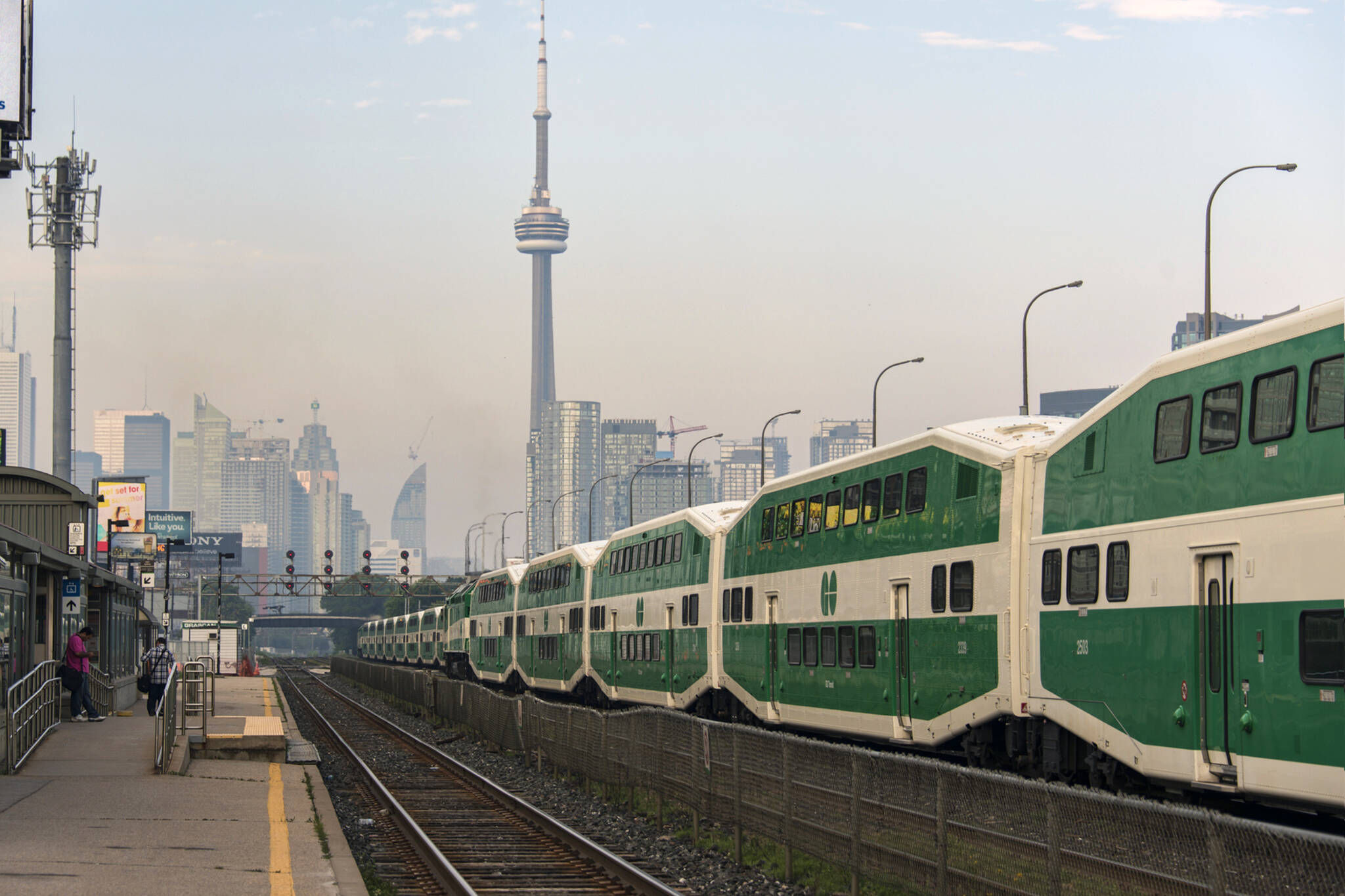
GO Transit riders will soon get big discounts on the TTC
Ontario's government has some great news today for anyone who uses both GO Transit and the TTC during the course of their daily commutes.
Starting in December, riders who transfer from GO vehicles to subways, streetcars and busses in Toronto will only pay half of the TTC's regular fare – and vice versa, to an extent.
Amazing move. A commuter from #RichmondHill who uses GO and TTC now saves $60 a month, $720/yr. #onpoli https://t.co/h8let1bpuG
— Naheed Yaqubian (@yaqubian) October 4, 2017
The province has agreed to subsidize a co-fare agreement with both transit agencies that will take $1.50 off the price of a second ticket for passengers on a single trip, according to The Toronto Star.
The one catch is that you need a Presto card to get the discount.
This means that adults who transfer from say, a GO train to a TTC subway, will pay just $1.50 for the second leg of their journey. Right now, this would cost riders with a Presto card $3.
Not as generous as GO’s co-fares with 905’s agencies, but good step at making #GO/#TTC more attractive to some... https://t.co/SIqHzblGMm
— Jason Paris (@JasonParis) October 4, 2017
Passengers who transfer the other way - from TTC vehicles to GO Transit vehicles or to the UP Express – will also receive a $1.50 discount on secondary fares, which range in price based on distance travelled.
It might not sound like much, but for the estimated 50,000 people who commute using both systems every day, that $1.50 discount could really add up.
Passengers can expect to pay discounted transfer fares when the Toronto-York Spadina Subway Extension opens on Dec. 17 of this year.
Latest Videos
Latest Videos
Join the conversation Load comments







